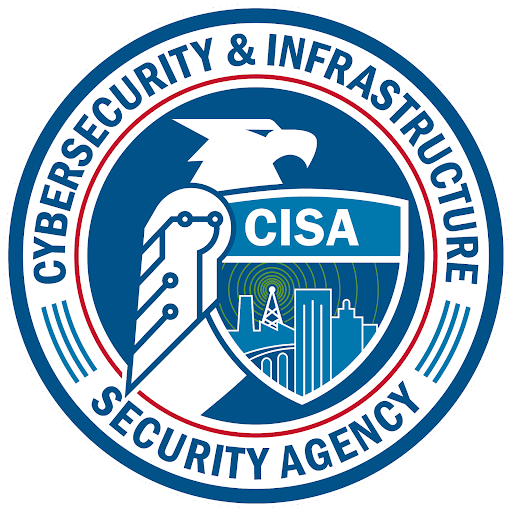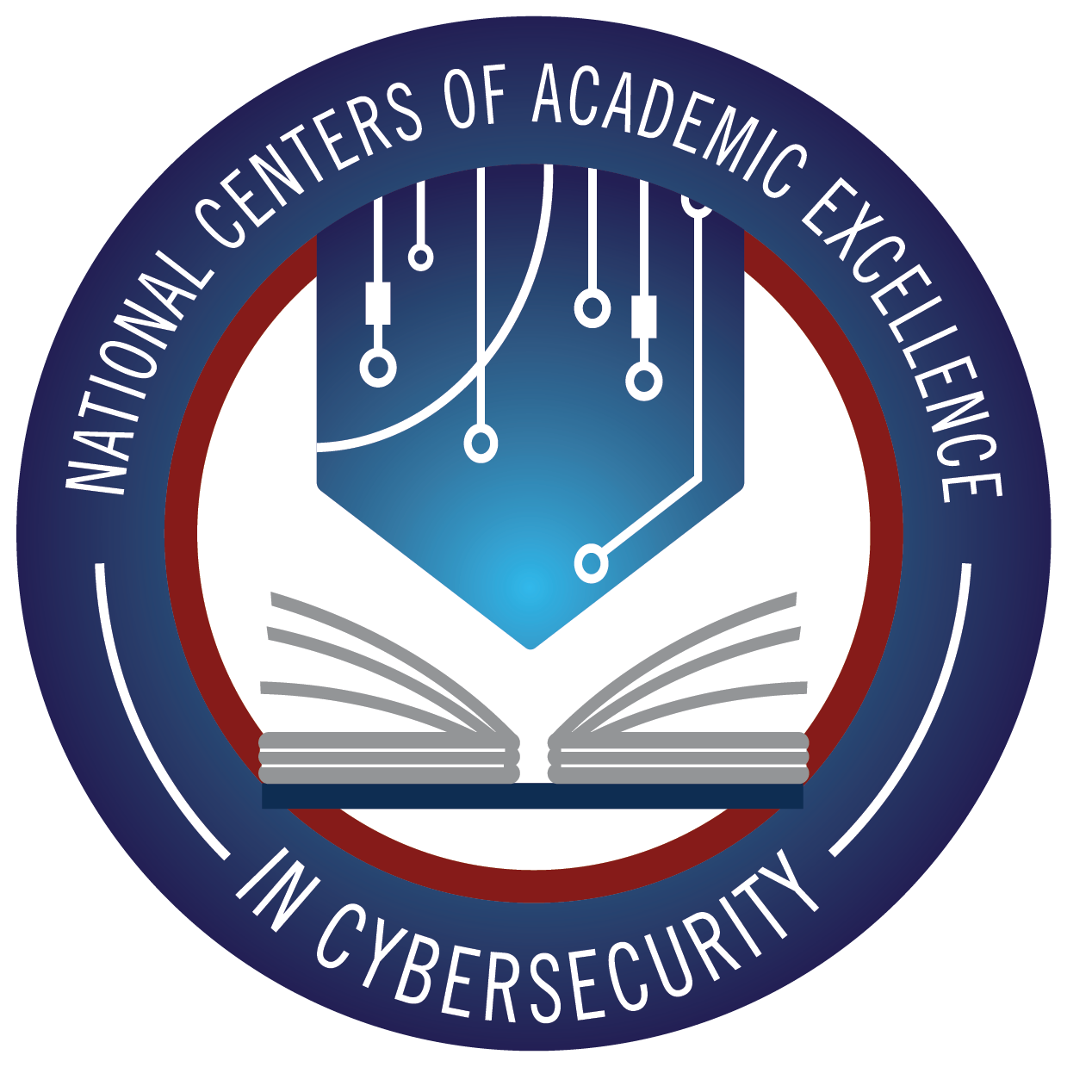Want to apply for free cybersecurity training with CyberSkills2Work? Starting an application gets you a step closer to answering America’s call for more trained cybersecurity professionals. It puts you at the threshold of the nation’s best cybersecurity workforce development initiative. Map out a career and apply for cybersecurity pathway training, today.
Before You Apply
Wait! Make sure that you meet basic program criteria before you apply for cybersecurity training with CyberSkills2Work. Keep these key qualifications in mind:

Program Eligibility
1. Must be a United States citizen or permanent resident
2. Must have a high school diploma or GED
3. Must be a transitioning military member, first responder, veteran, military spouse, woman, underrepresented minority, or government employee. *Eligibility requirements may vary by pathway. Please review the eligibility sections for your pathways of interest on the <a href='/i/training-programs'>training programs</a> page before applying.

Determine Your Cyber Aptitude
We highly recommend that you take our cyber aptitude assessment before submitting a program application. The assessment will help determine which work roles suit you best, based on your demonstrated abilities. Then, on the program application, you will be able to select the pathway training program for your chosen work role.
What You Will Need
Before attempting to fill out the application, gather all essential documents and keep them on hand. The following materials must be submitted with your CyberSkills2Work application:

Proof of U.S. Citizenship
Applicants are required to provide valid proof of citizenship, such as a birth certificate, U.S. passport, passport card, Permanent Resident Card, or Certificate of Naturalization.

Résumé
Provide a complete outline of your current and previous education, experience, job titles, duties, and employers. Also, include relevant self-study projects, particularly any IT or cybersecurity certificate programs that you have completed or participated in.

School Transcripts
Proof of your highest level of formal education is required. A copy of an educational record (such as a high school diploma, GED, or college transcript) is acceptable. Unofficial transcripts are accepted.

Service Records (Active/Transitioning Military Members, Military Spouses, and Veterans)
We must receive proof of your military service. Acceptable documents include military orders, a DD214, DD215, or Record of Separation. Additional accepted documents include electronic military service records, for example:
- ERB (Army – Enlisted Record Brief)
- CDB (Air Force – Career Data Brief)
- BIR (Marine Corps – Basic Individual Record)
- ESR (Navy – Electronic Service Record) or NSIPS (Navy Standard Integrated Personnel Systems)
- El-PDR or USCG Military Record (National Coast Guard - Electronic Personnel Data Record)
- Access your Documents and Records
- Click on VA Letters
- Click on the Service Verification link
- Download and save the file as PDF

Verification of Employment (Government Employees and First Responders)
Applicants using their status as a first responder or government employee to qualify must submit a signed verification letter of employment (on the organization’s official letterhead), confirming present or previous job status. The letter should include dates of service, position held, and contact information for the employer who can verify your employment. An employment verification template is provided in the application, and is also acceptable documentation.
Additional Requirements by Institution
Besides meeting minimum requirements for program participation, eligible applicants must also meet the prerequisites of our educational institutions. Each institution may have additional qualification requirements for acceptance in CyberSkills2Work pathway training programs. Please visit the Training Programs page, select the pathway you are interested in, and review the prerequisites and requirements of that program to ensure you are eligible to apply.
Understanding the Terms of Participation
CyberSkills2Work offers an extraordinary learning experience and career development opportunity for program participants. Learners of our program are privileged to receive free cybersecurity education and career guidance from national experts. In order to enjoy the full benefits of the program, all eligible participants must comply with these terms:
- Register with CyberSkills2Work upon program approval and manage your learner profile in the MyCyberSkills2Work portal.
- Provide your own personal computer with reliable internet connection.
- Reside in the U.S. throughout the duration of an elected training program.
- Engage in all program activities, courses, exam preparation, assigned labs, job fairs, and workshops. Participants who fail to participate in activities or exercises or simply fail to show effort may be disqualified.
- Remain in good academic standing.
- Maintain perfect attendance and provide documentation for any excused absences.
- Search for post-program employment with employers in critical infrastructure sectors.
Ready to Apply?
Don’t delay. Start your CyberSkills2Work application, today. Provide all requested materials, and check your personal, educational, and work history information for accuracy before submitting the application. Don’t fret if you can’t complete the application in one sitting. You may save your application and finish it later with your application login credentials.
After You Apply
After submitting your application, what comes next? As you've used a single application to apply for pathways offered by the coalition of participating institutions, it's important to note that there are different application deadlines and notification dates for each. Expect each institution you applied for to contact you directly regarding your acceptance status once their application deadline has passed and their review process is complete.

The National Cybersecurity Workforce Development Program, CyberSkills2Work, is funded by the National Security Agency National Centers of Academic Excellence in Cybersecurity (NCAE-C) Program and the Cybersecurity and Infrastructure Security Agency (CISA).
